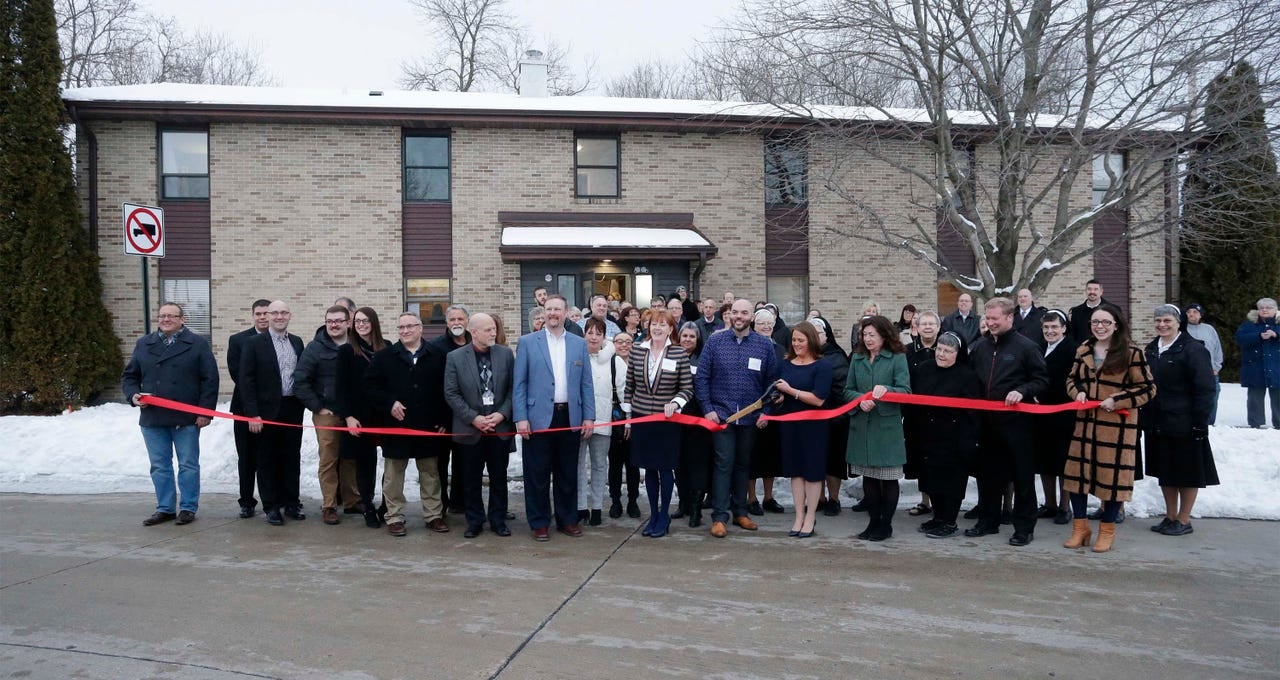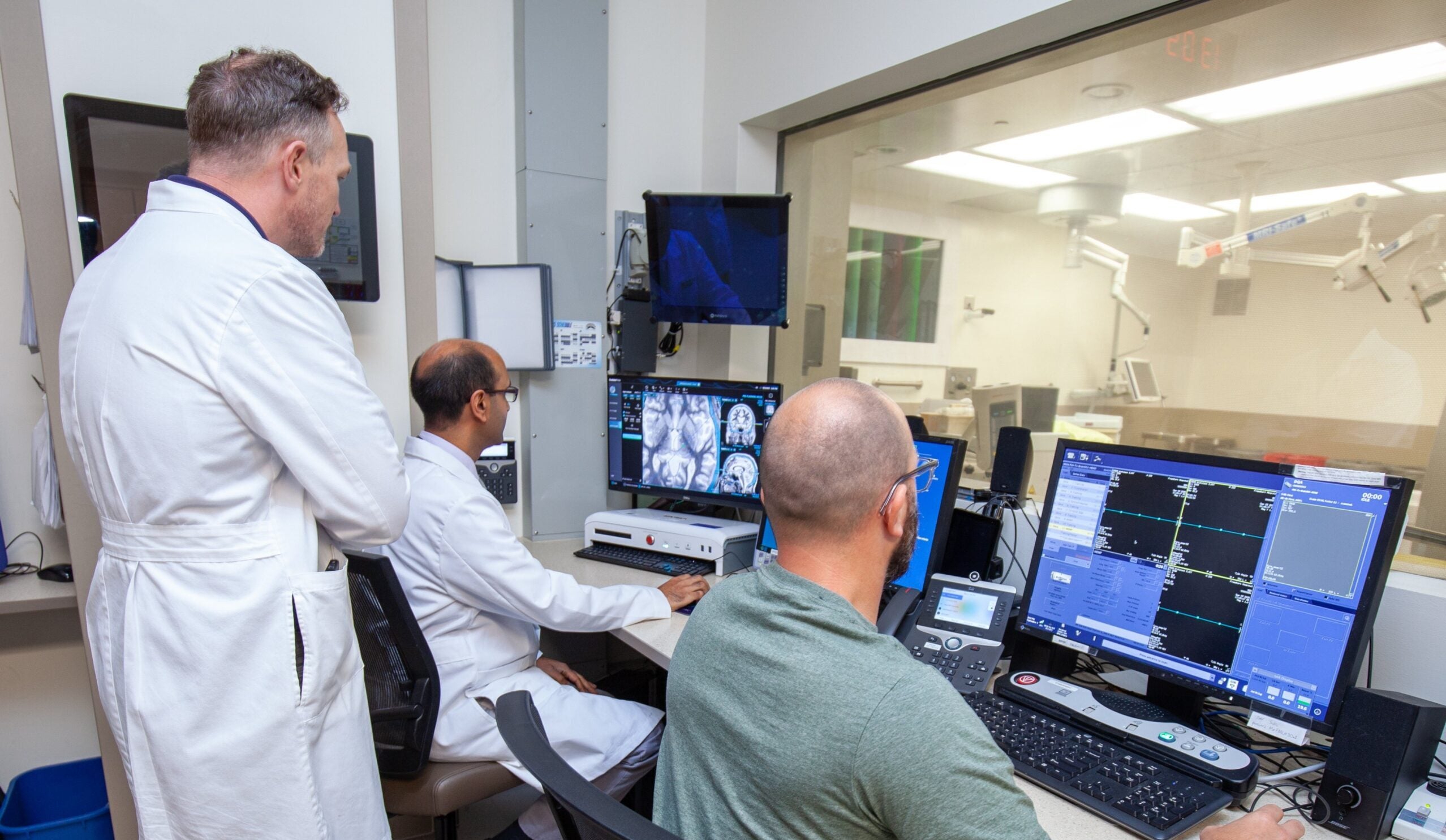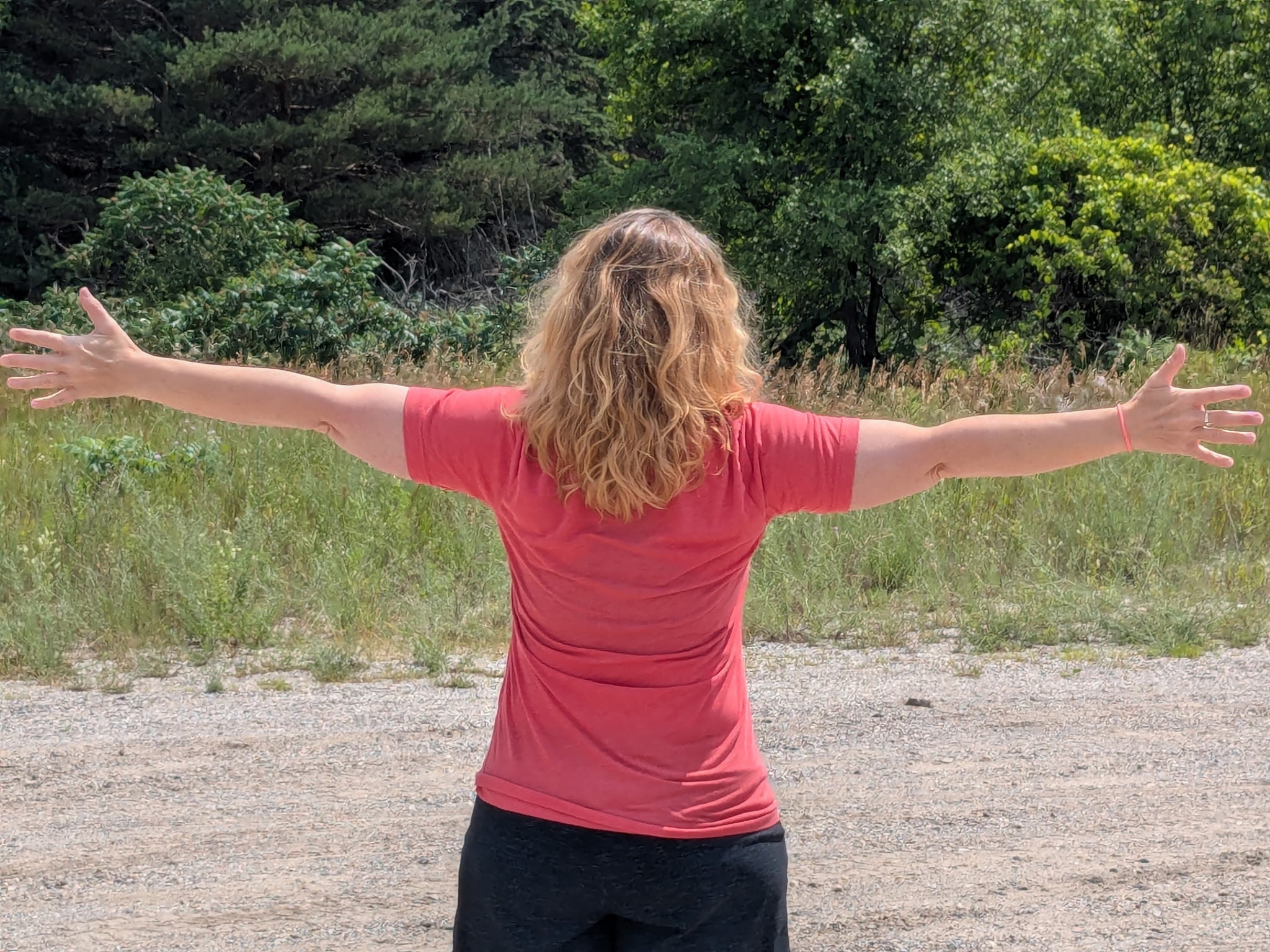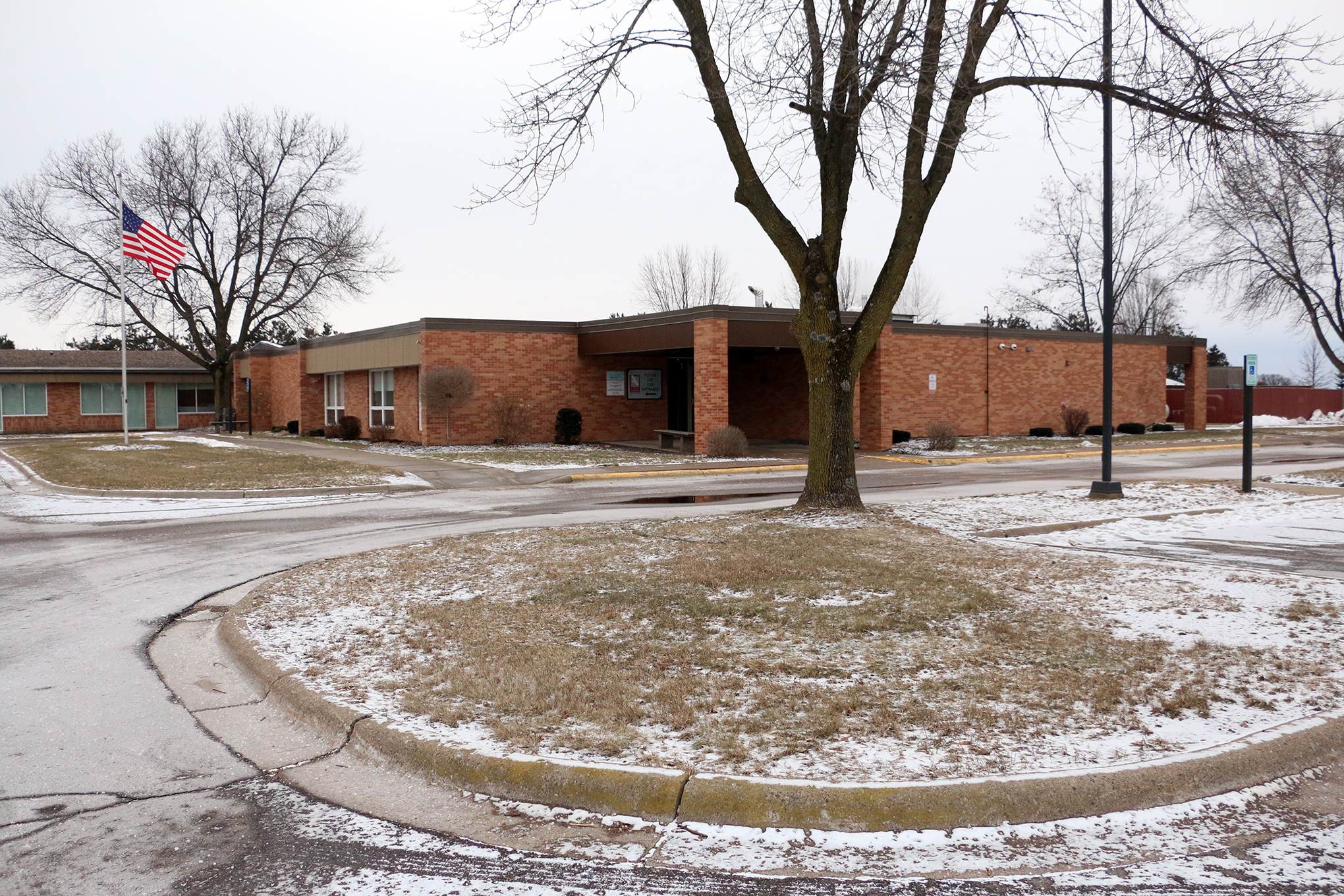An addiction treatment center in northeastern Wisconsin is receiving a federal boost to address the fentanyl and opioid epidemic.
Democratic U.S. Sen. Tammy Baldwin of Wisconsin recently announced $750,000 will be given to CORE Treatment Services in Manitowoc to support its rural recovery programs.
The funding was made possible through the federal Rural Communities Opioid Response Program-Impact.
News with a little more humanity
WPR’s “Wisconsin Today” newsletter keeps you connected to the state you love without feeling overwhelmed. No paywall. No agenda. No corporate filter.
CORE has 36 treatment beds for residential substance use disorder treatment and an outpatient clinic for both mental health and substance use disorders, according to Carmen Persaud, the co-executive director.
“We can help people in the emergency room, experiencing an overdose,” she said. “Instead of going back out on the street, they can come by us and we’ll put them in a crisis bed.”
On WPR’s “Wisconsin Today,” Persaud said about 90 percent of people coming from hospitals transition to a crisis bed and then to treatment, which is funded by the Manitowoc Human Services Department.

She added that the greatest challenge in rural Wisconsin is the lack of supportive services for people looking to maintain their sobriety after undergoing 30 to 45 days of treatment.
“We’re literally setting people up for failure,” she said. “If they can move into a recovery home, they have a better chance of success because they’re surrounded by that support.”
The CDC released data earlier this month, showing a decline in overdose deaths in Wisconsin and across the nation.
Persaud told host Rob Ferrett that it’s critical to provide hope to people with substance use disorder, especially after leaving a hospital.
The following interview has been edited for clarity and brevity.
Rob Ferrett: How important is it to provide that next step for people at that moment?
Carmen Persaud: If you’re getting discharged from the hospital and you have nowhere to go, what is your level of hope going to be at that point? What are your choices? Probably, to return to drugs because that’s the easiest and the most calming effect you can have on yourself.
But, we give you a warm bed. We give you food, a roof over your head and you’re surrounded by people who are doing the work to improve themselves through treatment. We’ve seen some great outcomes from that. It’s been wonderful.
RF: You opened in 2020. During the start of COVID, the use of fentanyl accelerated in the drug supply in the country. What was it like to get going in the midst of that chaos?
CP: We received our state license to open mid-March, and it was right before our state got shut down for COVID. It was quite devastating at first, but myself and my co-director are good at pivoting, and that’s what we did.
We took our day treatment program and we made it virtual. It wasn’t ideal, but it was what we could do to start helping people. By that summer, we were opening with eight beds. We limited the capacity in our building, just went from there.
RF: What does $750,000 in federal funding mean for your operation and your ability to reach more people?
CP: We have a four-year plan on how we can expand our services, both treatment and recovery. We have an outpatient behavioral health clinic in Waupaca. We provide recovery support services in Shawano and two recovery homes in Shawano, one for men and one for women.
We started a Resiliency Initiative, which allows us to go into rural communities and start setting up services. Shawano was our first attempt at that, and so far, we’ve been quite successful.
We are looking to expand to the Menominee Tribe, Oneida Nation of Wisconsin and other surrounding tribes. The grant is going to help us to increase that reach. It’s also going to allow us to work with Theda Care and help develop bridge clinics where we can bring medication-assisted treatment to people that cannot easily access it.
RF: Talk about the range of treatment people are getting when they meet up with CORE Treatment Services.
CP: We started CORE to effectively treat substance use disorder. You really have to get inside people. There are things that have occurred in a person’s life that have led up to their only option being using a substance. I’m speaking about trauma.
We try to offer a wide variety of different treatment modalities, like cognitive behavioral therapy, which works in helping people change the way they think. We’re also incorporating approaches to treatment regarding Native American traditions.
We offer physical exercise. We get people out to recovery meetings while they’re in treatment. We try to connect them with resources in their own community. We offer case management services so as soon as someone’s walking in the door, that case manager is working with them. Then, we build their treatment plan around what works for that person.
We find a lot of people adapt well to music and art. When they’re coming out of addiction, they forget who they were. Exposing them to healthy sober activities can oftentimes light a fire in them about something. It’s important that they have healthy outlets when they leave that don’t involve drugs and alcohol.







